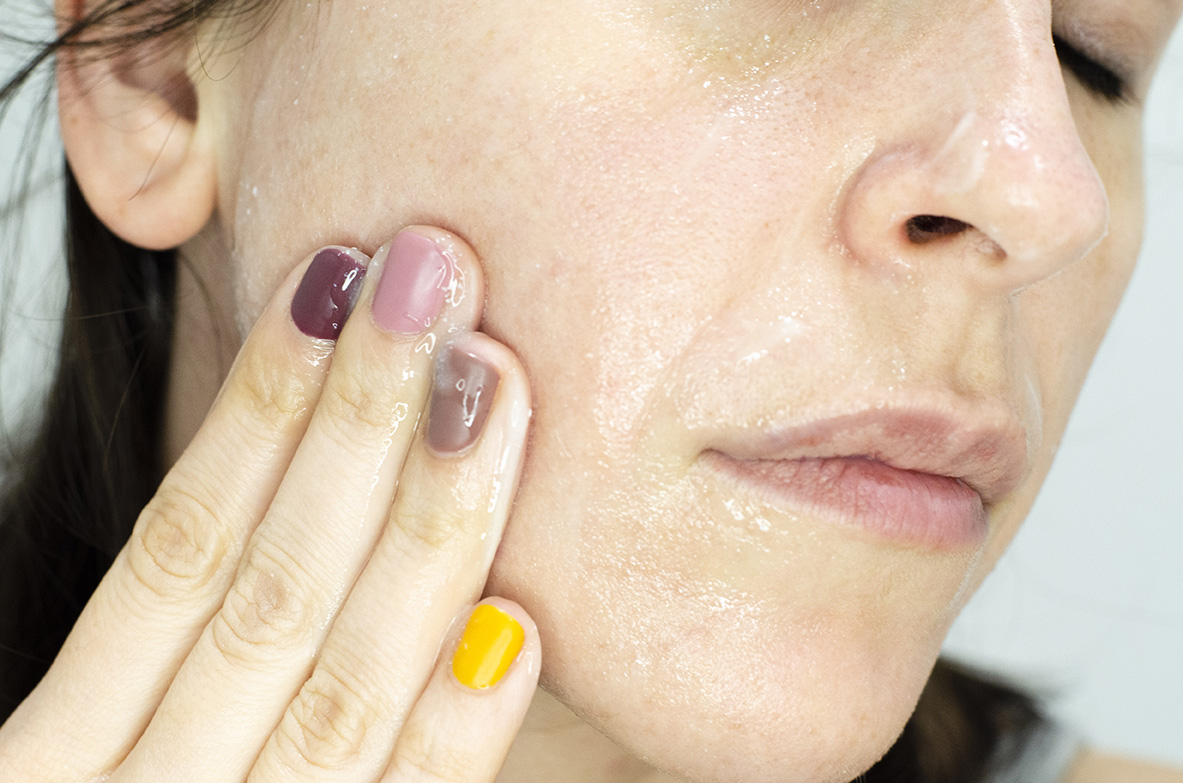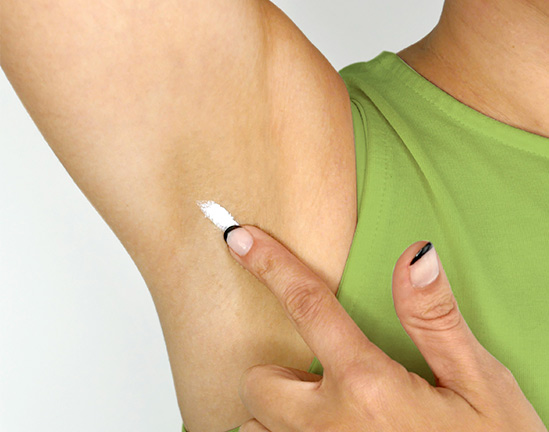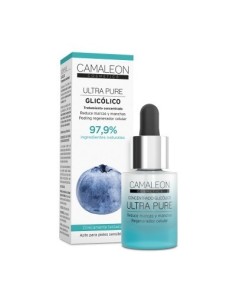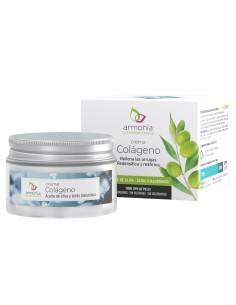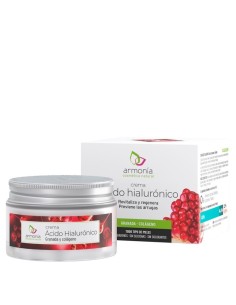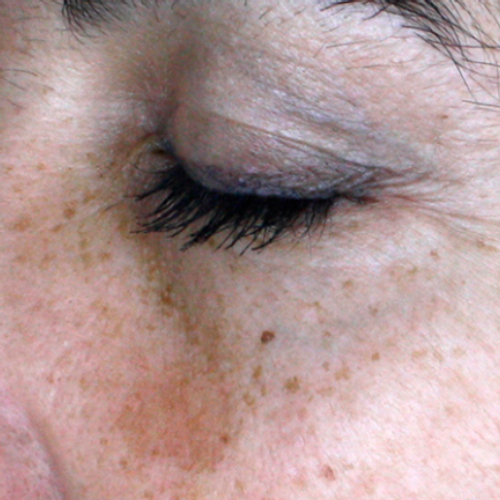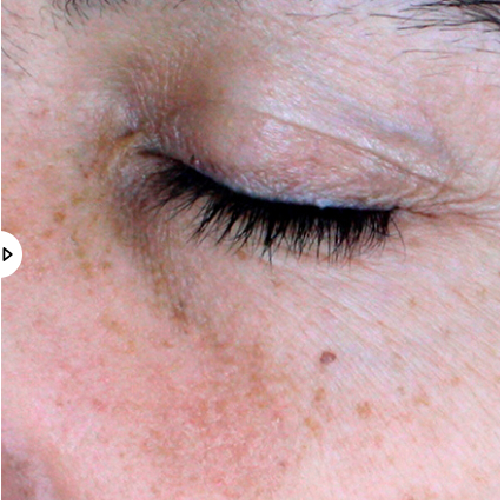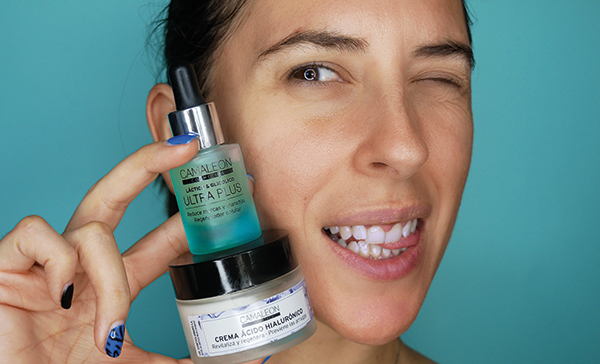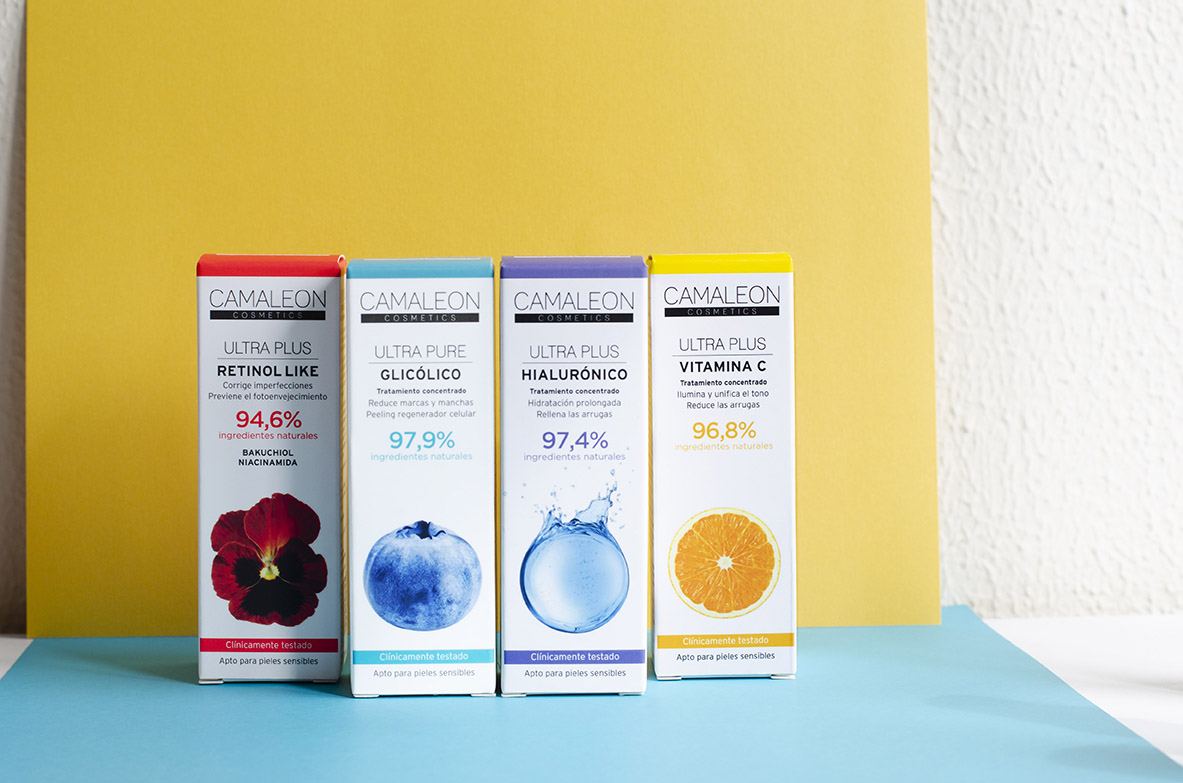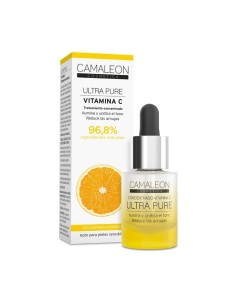
- KARÁCSONYI CSOMAGOK
- PRODAJA
-
Stanje kože in zdravljenje
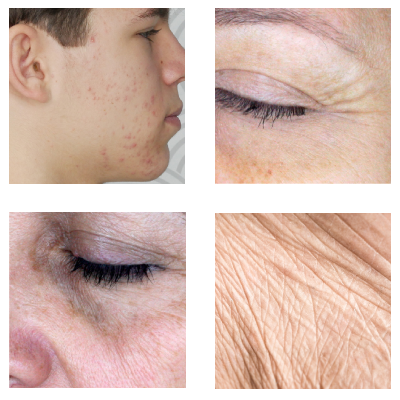
-
ORGANSKA POLŽJA SLUZ
-
ORGANSKA POLŽJA SLUZ
 LOSJON ZA TELO HELIX ACTIVE3.790,00 FtREGENERACIJSKA KREMA HELIX ACTIVE10.490,00 FtKONCENTRIRANI SERUM HELIX ACTIVE10.990,00 FtAKTIVNA KONZORNA SPIRALA OČI5.390,00 Ft
LOSJON ZA TELO HELIX ACTIVE3.790,00 FtREGENERACIJSKA KREMA HELIX ACTIVE10.490,00 FtKONCENTRIRANI SERUM HELIX ACTIVE10.990,00 FtAKTIVNA KONZORNA SPIRALA OČI5.390,00 Ft
-
ORGANSKA POLŽJA SLUZ
-
AKTIVNA KAČA LIFTING UČINEK
-
ACTIVE SNAKE
KAČJI STRUP KREMA SYN-AKE10.990,00 FtAKTIVNO ZMIJSKO ZMIJSKO STRUPENO SERUM11.990,00 FtACTIVE SNAKE VENOM KREMA PROTI GUBAM OČI6.990,00 FtACTIVE SNAKE BOX PACK KREMA ZA KAČJI STRUP + SERUM17.990,00 Ft
-
ACTIVE SNAKE
-
NEGA OBRAZA
- NEGA LASOV
- NEGA TELESA
- Naravna krema proti smradu
-
NEGA USTNIC, ŠMINKA ZA USTNICE
-
NEGA USTNIC, ŠMINKA ZA USTNICE
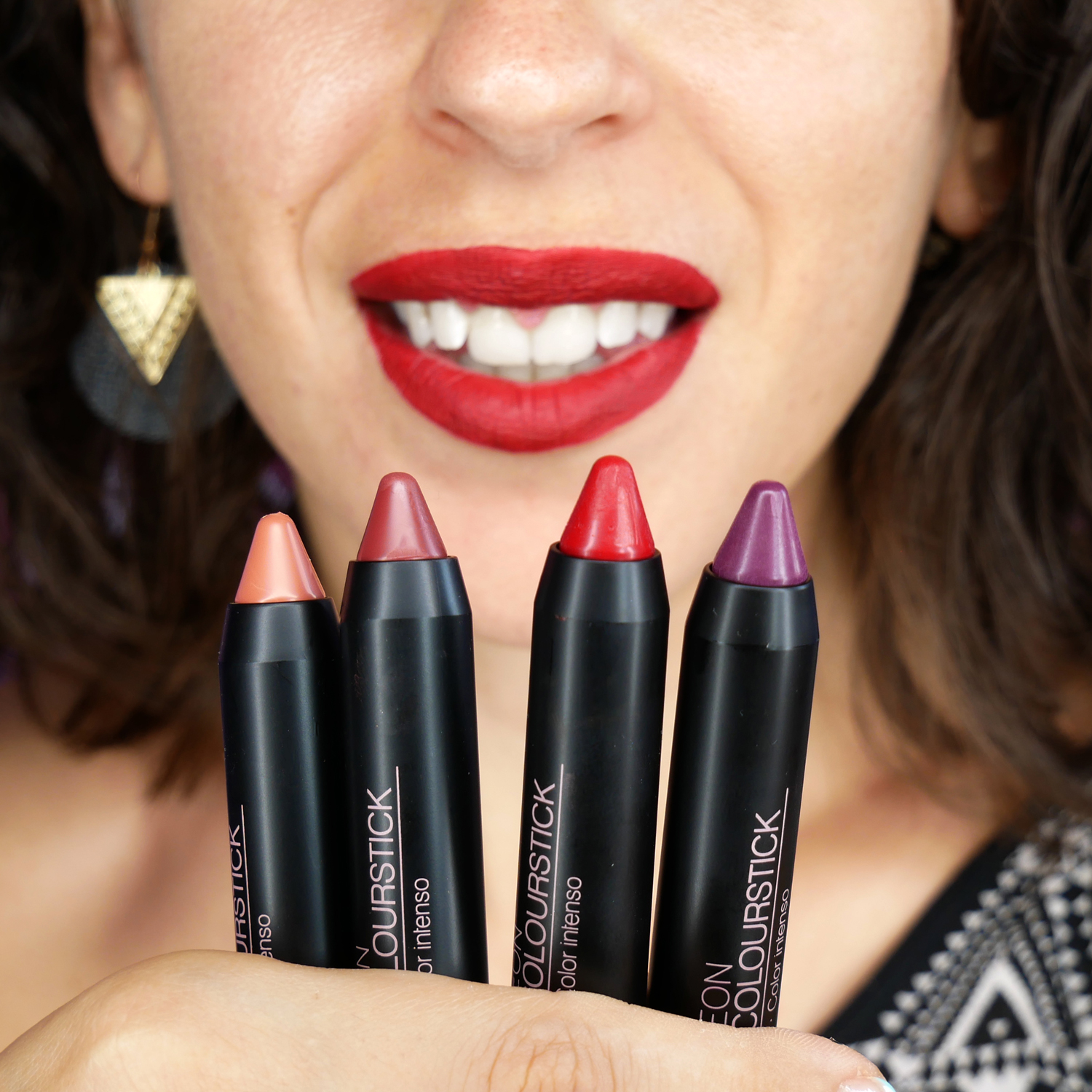 KAMELEONSKI ČAROBNI ŠMINKA ZELENA2.990,00 FtCAMALEON MAGIC LIPSTICK YELLOW2.990,00 FtČAROBNA ŠMINKA KAMELEON RDEČA2.990,00 FtKAMELEON ČAROBNA ŠMINKA SIVA2.990,00 FtCAMALEON MAGIC LIPSTICK PEACH2.990,00 FtCAMALEON ČAROBNA ŠMINKA KORALA2.990,00 FtCAMALEON BASIC ŠMINKA NUDE2.990,00 FtCAMALEON OSNOVNA ŠMINKA JAJČEVCA2.990,00 Ft
KAMELEONSKI ČAROBNI ŠMINKA ZELENA2.990,00 FtCAMALEON MAGIC LIPSTICK YELLOW2.990,00 FtČAROBNA ŠMINKA KAMELEON RDEČA2.990,00 FtKAMELEON ČAROBNA ŠMINKA SIVA2.990,00 FtCAMALEON MAGIC LIPSTICK PEACH2.990,00 FtCAMALEON ČAROBNA ŠMINKA KORALA2.990,00 FtCAMALEON BASIC ŠMINKA NUDE2.990,00 FtCAMALEON OSNOVNA ŠMINKA JAJČEVCA2.990,00 Ft
-
NEGA USTNIC, ŠMINKA ZA USTNICE
-
NATÚR SMINK
-
Natur ličila
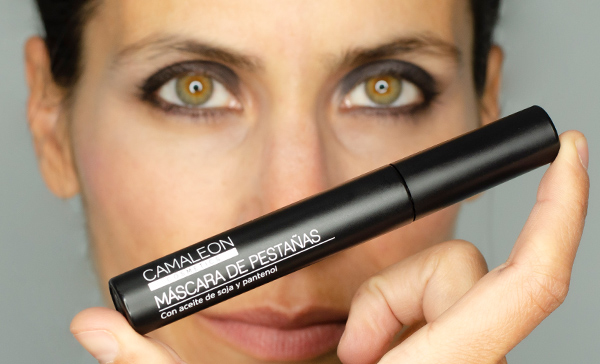 VEGANSKI NEGEVALNI LAK ZA NOHTE KORALNE BARVE1.790,00 FtVEGANSKI LAK ZA NOHTE FUKSIJA1.790,00 FtVEGANSKI LAK ZA NOHTE ROZA1.790,00 FtVEGANSKI LAK ZA NOHTE NUDE1.790,00 FtČAROBNA ŠMINKA KAMELEON RDEČA2.990,00 FtCAMALEON MAGIC LIPSTICK PEACH2.990,00 FtKAMELEONSKI ČAROBNI ŠMINKA ZELENA2.990,00 FtKREPASTO ROZA2.490,00 FtPoudarjeno belo2.490,00 FtHIGHLIGHTER BRONZE2.490,00 Ft
VEGANSKI NEGEVALNI LAK ZA NOHTE KORALNE BARVE1.790,00 FtVEGANSKI LAK ZA NOHTE FUKSIJA1.790,00 FtVEGANSKI LAK ZA NOHTE ROZA1.790,00 FtVEGANSKI LAK ZA NOHTE NUDE1.790,00 FtČAROBNA ŠMINKA KAMELEON RDEČA2.990,00 FtCAMALEON MAGIC LIPSTICK PEACH2.990,00 FtKAMELEONSKI ČAROBNI ŠMINKA ZELENA2.990,00 FtKREPASTO ROZA2.490,00 FtPoudarjeno belo2.490,00 FtHIGHLIGHTER BRONZE2.490,00 Ft
-
Natur ličila
- MASKNÉ/BIOTIC PRO
- ODGOVORI NAŠIH STROKOVNJAKOV ZA KOŽO
- BREZPLAČNI VZORCI!










